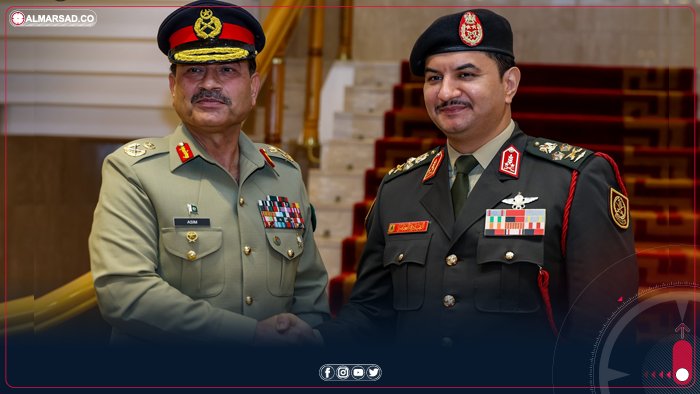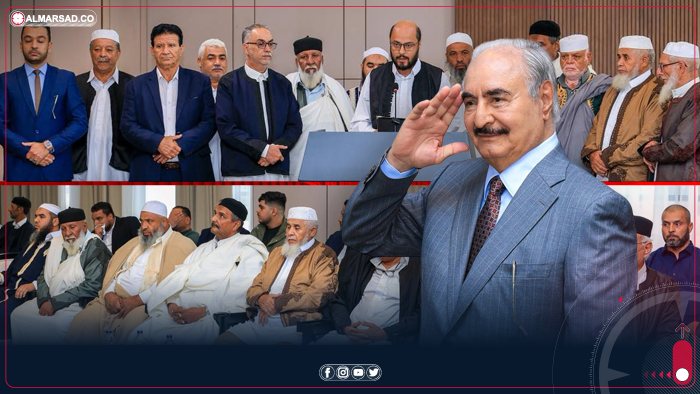ANALYSIS • LIBYA
Failure to disband militias threatens Libya’s stability, analyst warns
TRIPOLI —
Political analyst Idris Ahmed says Libya’s future hinges on dismantling armed groups that have wielded power since the 2011 uprising.
In an interview with the Russian news agency Sputnik, Idris Ahmed traced the country’s militia problem back to the day rebels declared victory over Moammar Gadhafi’s regime. “Some revolutionary formations handed in their weapons,” he recalled, “but others refused, insisting they had to protect the revolution.” As months passed, their numbers grew and, by Libya’s first postwar election in July 2012, gunmen were openly shaping the political landscape — even threatening voters if liberal candidates won.

Ahmed argued that unchecked militias quickly morphed into criminal networks. Their influence peaked in 2014, when armed factions torched Tripoli International Airport and sabotaged vital infrastructure, he said.
“These groups became stronger than any government,” Ahmed said. “Prime Minister Ali Zeidan’s abduction from his own bedroom showed how weak the state had become.”
Successive administrations, he added, paid the militias rather than confronting them — a policy that only entrenched their power. Even United Nations resolutions calling for disarmament went unenforced.
By contrast, Ahmed credited the Libyan National Army in the country’s east with beating back extremist fighters and securing vast swaths of territory “despite limited resources.” He faulted the Tripoli-based Government of National Unity for legitimizing rival armed groups and blocking elections slated for December 2021.
“As long as guns remain on the streets, militias will dictate events,” he warned. Ahmed cited recent GNU reliance on friendly factions to battle rival units — clashes that plunged the capital into recurring chaos.
A lasting solution, he argued, demands international muscle. The United States, Turkey and regional partners must press for “real disarmament,” while Libya’s street protests keep the pressure on.
Ahmed welcomed a U.S.-backed summit in Cairo that urged the militias’ dissolution, noting Ankara’s growing ties with both the GNU and the eastern army could help broker a comprehensive deal. Yet he remained pessimistic: “No political roadmap will work until the gunmen are gone.”
— Reporting by Almarsad


